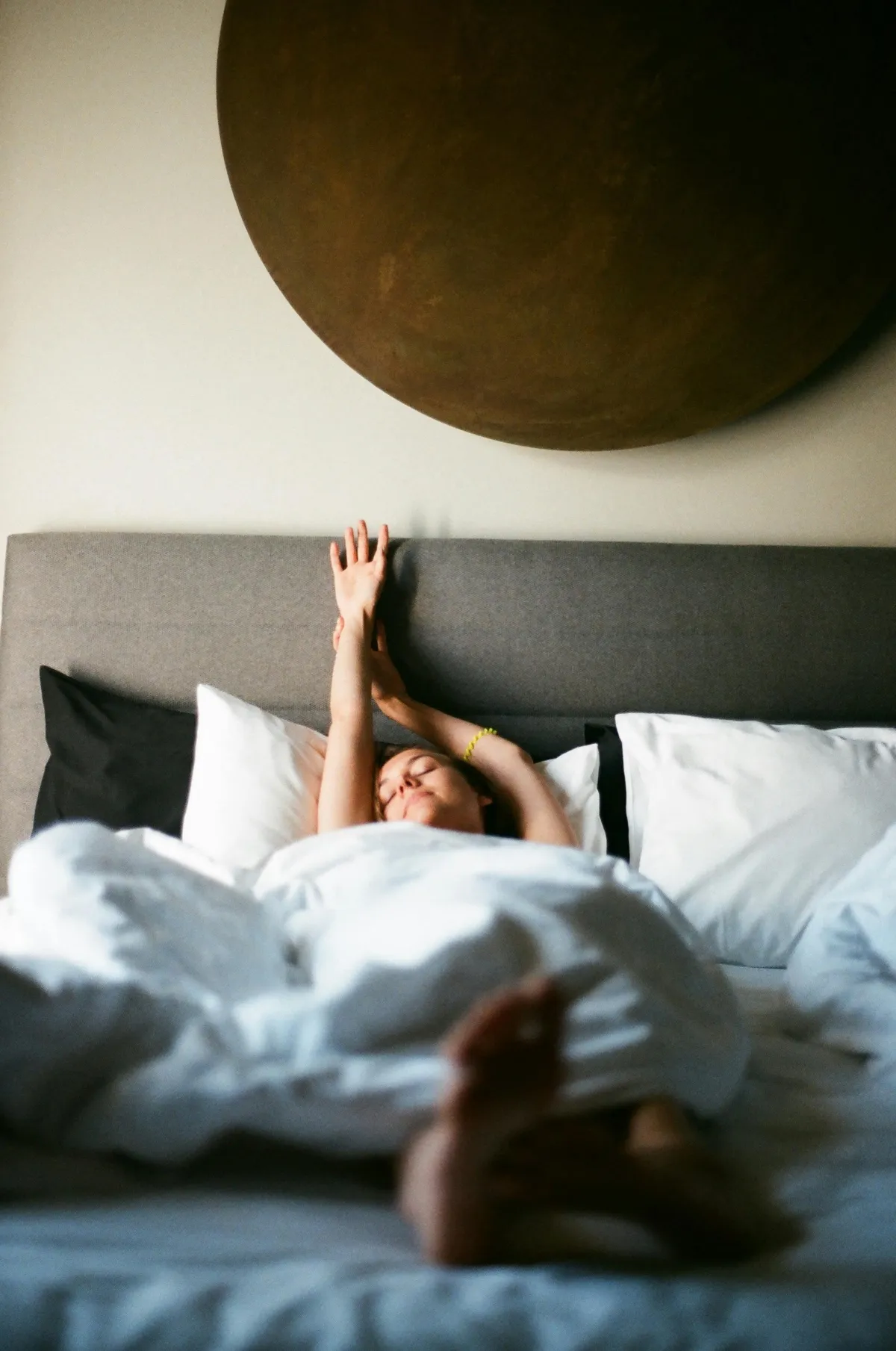OUR BLOG

Sleep Smart: How an Early Bedtime Can Supercharge Your Health
Most people understand that sleep is important, but few realize just how critical the timing of sleep can be. Going to bed earlier—between 9:30 and 10:30 PM—aligns better with your body’s natural circadian rhythms. This isn’t just about getting more hours of rest; it’s about getting better quality sleep when your body is most prepared to recover, heal, and recharge.
1. Early Sleep Improves Hormonal Balance
Your body begins releasing melatonin, the hormone responsible for sleep, soon after sunset. When you delay bedtime past midnight, melatonin production may already be decreasing, making sleep less restorative. Early bedtimes help support consistent melatonin cycles, which in turn affect mood, metabolism, and cognitive function.
2. Cognitive Function Gets a Natural Boost
Sleep before midnight includes more deep, slow-wave sleep—the phase responsible for memory consolidation and learning. When you miss this window, your brain may struggle to retain information or stay sharp. By going to bed earlier, you tap into deeper brain recovery that supports clearer thinking throughout the day.
3. Immune Strength Begins at Night
Research shows that sleep directly influences immune responses. The hours before midnight are critical for the production of infection-fighting cytokines. This is one reason people who sleep earlier and longer tend to get sick less often and recover faster.
4. Metabolism and Weight Management Get Support
Early sleepers often experience more stable blood sugar levels, better digestion, and healthier hunger cues. Cortisol levels (your stress hormone) tend to decrease with earlier sleep, allowing for healthier fat storage patterns and more regulated appetite the next day.
5. Energy Levels Improve Without Extra Caffeine
Those who consistently sleep earlier report needing less caffeine throughout the day. That’s because the body’s energy systems reset more effectively during pre-midnight sleep. By giving yourself an earlier shutdown window, you set the stage for sustained energy from morning until night.
6. Skin and Cellular Health Benefit From Deeper Sleep
Cellular repair ramps up during deep sleep. The earlier your bedtime, the more of this critical healing phase you catch. This can affect everything from clearer skin to muscle recovery and reduced signs of aging.
7. Mental Health and Stress Levels Steady Out
People who sleep earlier tend to report lower levels of anxiety and depressive symptoms. The body’s ability to regulate mood-enhancing neurotransmitters, such as serotonin and dopamine, improves when your circadian rhythm is respected. An earlier bedtime helps reset emotional balance and promotes calmer moods.
Why Your Pillow Plays a Big Role
Quality sleep isn’t just about timing—it’s also about comfort. A pillow that supports your neck and spine without adding pressure is key. If you haven’t upgraded yours in a while, it might be time.
The uniquely shaped and ergonomically designed Buttress Pillow is not just fun—it’s incredibly supportive. It’s made to hug your body naturally, improving neck alignment and making it easier to fall asleep and stay asleep. Small changes like this can make your earlier bedtime even more effective.
Getting to bed early doesn’t require a complete lifestyle overhaul. Start by dimming your lights around 8:30 PM, powering down devices, and aiming for at least seven to eight hours of sleep with a consistent bedtime. Your body will thank you with better mood, energy, and overall performance.
One or more of the links above are affiliate links, meaning, at no additional cost to you, we will earn a slight commission if you click through and make a purchase. Each of these products is chosen by a trusted member of our team.

Copyright 2024. All rights reserved
